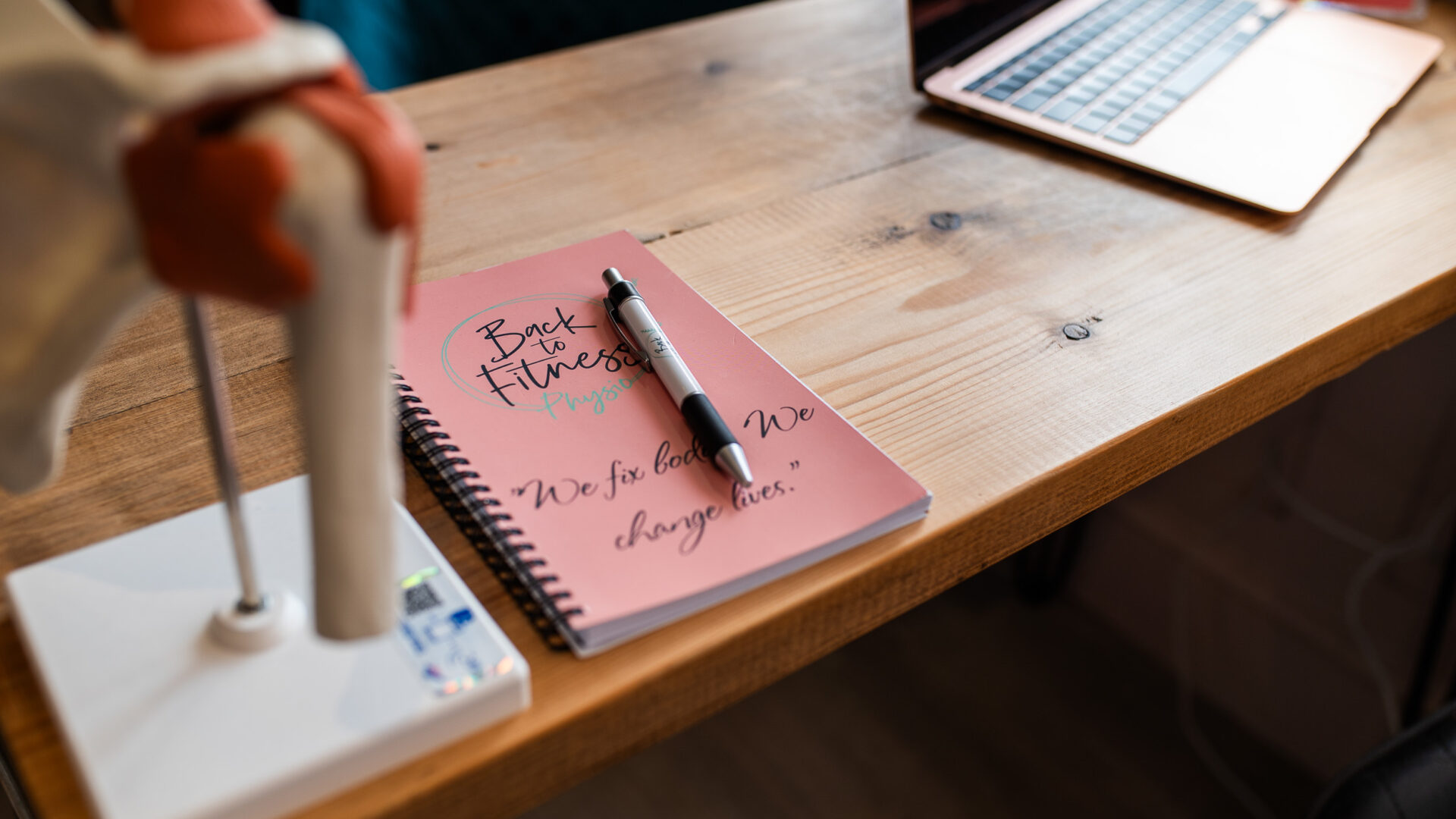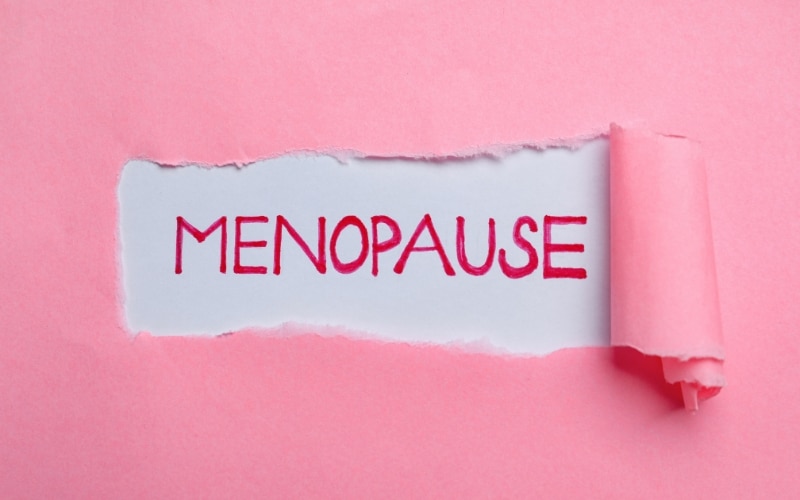…or is it?
I’m going to start this email with a disclaimer. I am not a GP or a menopause specialist, and I have no formal training in anything to do with perimenopause or menopause. I am not a pharmacist or a counsellor.
BUT
I am a perimenopausal woman, so I think that qualifies me enough to write what I’m about to from my perspective and experiences (and who’s going to argue with this perimenopausal woman anyway  )
)
I want to talk about (drum roll )
)
 Menopause
Menopause 
What other condition affects 100% of 50% of the world’s population but isn’t really talked about? Somehow, it’s become almost a taboo subject.
Most women I speak to adopt the ‘just get through it’ approach, like having a hard time with it is a right of passage!
The biggest killers of women are (in this order):
- Dementia
- Cardiovascular disease
- Stroke
….not breast cancer or any of the female cancers.
The most common age for female suicide in the UK is 40-50.
I don’t think it is a coincidence that these things correspond with depleting oestrogen and hormone levels. Oestrogen, in particular, protects our brains, heart and bones, and in my clinical experience, the vast majority of older people with fractures we see are female and they are osteoporotic or osteopoenic.
What do you do if you’re deficient in vitamin D – take it
What do you do if you are lacking thyroxine? (Hypothyroidism) – take it.
What do you do if you’re deficient in insulin (diabetic) – take it.
What do you do if you’re deficient in oestrogen, progesterone and testosterone? – get through it 
There are a few women for whom HRT is not an option, but that is generally the minority. The rest of us should at least consider it and have an open discussion with a supportive GP. This includes women who have had a sudden menopause through hysterectomy or cancer and who haven’t been offered their hormones back.
My mum went through menopause at 29. She had me, and then that was it. So, it’s always been on my radar. For some women/girls, it’s even earlier.
I started in perimenopause around 40. I’m 44 now, I think? (brain fog  ). My symptoms were varied but not the typical hot flashes and night sweats we all think about. I felt anxious. I had panic attacks. I was so tired all the time. My body ached and felt stiff, and I wasn’t recovering from injuries. I’d also had heart palpitations and had been referred to a cardiologist. And my memory! Gosh, I honestly thought I was losing my mind. I had to check on emails to see if I’d booked event tickets because I couldn’t remember whether I’d booked them or not!
). My symptoms were varied but not the typical hot flashes and night sweats we all think about. I felt anxious. I had panic attacks. I was so tired all the time. My body ached and felt stiff, and I wasn’t recovering from injuries. I’d also had heart palpitations and had been referred to a cardiologist. And my memory! Gosh, I honestly thought I was losing my mind. I had to check on emails to see if I’d booked event tickets because I couldn’t remember whether I’d booked them or not!
I blamed my busy work, kids, life, etc. Not for a moment did I think I just needed oestrogen.
A lot of women in their 40s are offered anti-anxiety medications like Citalopram or Sertraline or find themselves in front of a cardiologist. Many times, the tablets don’t help and the heart investigations are normal. Women then feel hopeless and don’t know which way to turn. They feel miserable and lost.
Due to my mum’s early menopause and being aware of some of the less well-known symptoms, I spoke to a specialist private GP, and she confirmed that I was indeed displaying many perimenopausal symptoms. It was a relief to hear that there was an explanation for my many weird symptoms. I started on Oestrogel (body identical HRT), and within days, I’d found myself again  . My energy came back, my body moved again, I was motivated and driven, and my relationships improved.
. My energy came back, my body moved again, I was motivated and driven, and my relationships improved.
So, newsflash, if you’re in your 40s, you WILL be entering into or already in your perimenopause. The average age for menopause is 51 in the UK, and joy of joy, we spend 8-10 years before it in perimenopause, where our hormone levels are slowly depleting. If you feel rubbish and you don’t know why or if life feels more challenging than it should, speak to a good GP or menopause specialist GP.
This is a very useful website set up by Dr Louise Newson, who is at the cutting edge of all things menopause, and she really is leading the way and trying to initiate change.
Our female bodies need oestrogen, progesterone and testosterone to function properly and to protect our brains, heart and bones. It can be useful to start it even up to 10 years after menopause, and guess what? You stay on it for life.
Many women I speak to are reluctant to consider it. However, they’ve probably used the contraceptive pill in the past (synthetic hormone and not body identical), and many will perhaps indulge in a glass or two of wine more than they should – both of which increase breast cancer risk more than body-identical HRT.
This is because of the scare which happened a few years ago. It was a poor research study (much like the flawed MMR study) which linked HRT to breast cancer and led to women like my mum being taken off it after only five years. My mum has since had a fractured patella and ribs…
Even if you’re not an individual assigned female at birth person reading this, you’ll have a female relative or friend who may benefit from this advice, so please feel free to pass it on. The ripples from an unhappy perimenopausal, menopausal or post-menopausal lady are far-reaching and affect the whole family. Be supportive. It can be better.
That’s it—lecture over. I feel very passionate about this topic as the difference before and after HRT, for me, were night and day and have also been for many ladies I talk to.
My next move is to discuss testosterone with my specialist GP. I’m feeling a bit more brain foggy at the moment and tired, and as it’s a lack of testosterone which causes brain fog primarily and is needed for our get up and go, I think I might need to add it in. Yes, everyone, testosterone is also a female hormone, much like oestrogen is also a male hormone – it’s just the ratios that are different.
Don’t worry; next time you see me, I won’t sound like Barry White or look like a gorilla, but I will remember, with absolute clarity, the exercises I’ve asked you to do and the quantities. You’ve been warned  .
.
P.S. Serious note: if you’re struggling and feeling down, message me. I’ll try to help.

